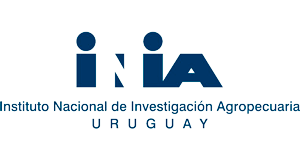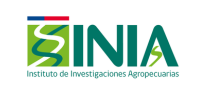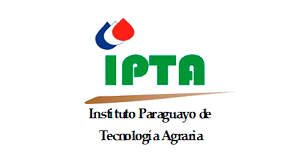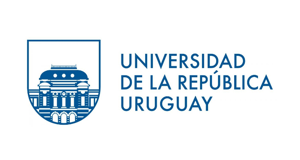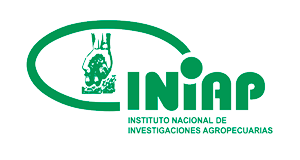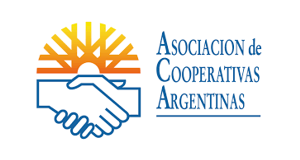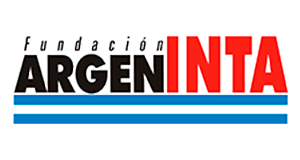Innovation in action: Empowering gene editing for the future of agriculture
We drive regional leadership in gene editing. This strategic initiative adds value to production and enhances productive development, creating new opportunities for a more competitive, sustainable, and efficient agricultural sector.
Context of the story
Conventional genetic breeding has always been a process that requires a lot of time. The recent appearance of gene editing (GE) is a significant leap in genetic modification technologies with a high impact on increasing sought-for variability. It allows deliberate modifications in the DNA sequence of specific genes to alter their expression (to silence or over-express them), replace alleles and introduce transgenes into predetermined genome sites. It can reduce genetic breeding time and produces an advantage in the generation of improved animals and plants, due to their lower cost and greater accessibility. To make the most of this possibility, it is necessary to generate and reinforce regional GE capacities.
A public-private initiative to level the gene editing playing field with developed countries
The implemented initiative
This initiative consolidates a research and knowledge application platform in gene editing (GE) to improve key species in the agricultural sector. GE modifies DNA sequences of specific genes to enhance their expression, introduce favorable alleles, or insert transgenes in precise locations within the genome of plants and animals, generating greater genetic variability with reduced time and costs. Additionally, many of these modifications are not subject to special regulations under the GMO definition of the Cartagena Protocol, facilitating their adoption. The project strengthens the capacities of public and private institutions in seven countries, promoting technological sovereignty and the development of innovative solutions for agricultural production.
Gene Editing: Innovation for Sustainable Agricultural Improvement
The technological solution
We have implemented an integrated suite of gene-editing solutions adaptable to both plant and animal species. In potato, we developed and harmonized transformation protocols using CRISPR/Cas RNP and multiplex editing of eIF4E, Inv Vac, and PPO—generating lines with viral resistance, premium frying and chip quality, up to 55 % protoplast viability, and robust callus formation. In soybean, we standardized methods to edit multiple key genes (SBA, STS, RS) simultaneously, yielding varieties with increased sulfur-containing amino acids and enlarged seed size. For livestock, we optimized RNP microinjection into bovine zygotes and shortened fertilization times to 6–8 hours to introduce CRISPR machinery prior to DNA replication, designed high-specificity sgRNAs for MSTN and BLG, and performed 56 embryo transfers—significantly reducing mosaicism.
"CRISPR/CAS9 technology will have a very important impact on our daily lives ... medicine, agriculture, research or manufacturing "green" chemicals are some areas that will improve thanks to it ..."
Results
A protoplast protocol was developed in potato combining extraction, transfection, and regeneration using CRISPR/Cas9 RNPs, achieving up to 55 % viability and the production of transgene-free plantlets. Functional characterization of eIF4E-edited clones—particularly the Désirée clone—demonstrated effective resistance to PVY, reaffirming the essential role of this gene in viral susceptibility. Through multiplex editing of the Inv Vac and PPO genes, lines were obtained with reduced oxidative browning and premium industrial quality for frying and chip production. In soybean, five transformation methods were harmonized to simultaneously edit SBA, STS, and RS, resulting in larger seeds enriched with sulfur-containing amino acids. For livestock, high-specificity sgRNAs were designed for MSTN and BLG, and in vitro production was optimized by shortening fertilization times to 6–8 hours and introducing CRISPR machinery prior to DNA replication.

 Back to the project
Back to the project Argentina
Argentina Chile
Chile Colombia
Colombia Ecuador
Ecuador Paraguay
Paraguay Uruguay
Uruguay Brazil
Brazil
